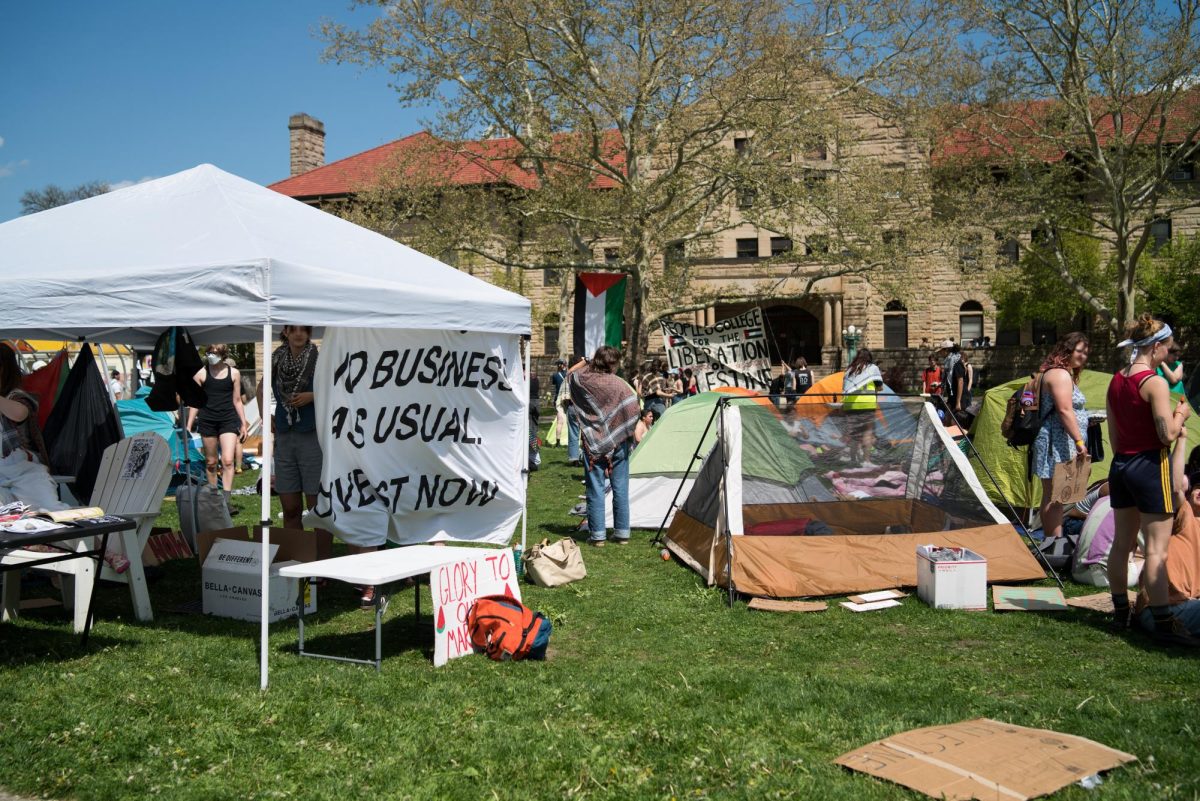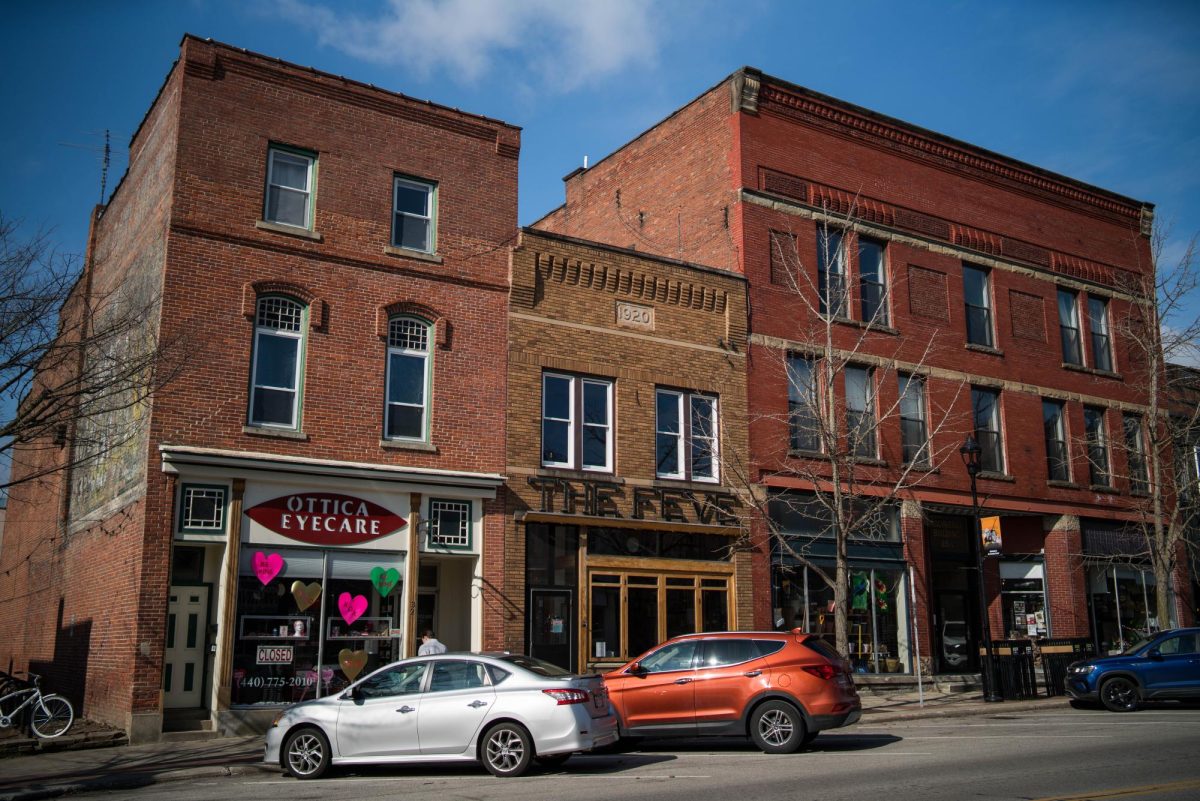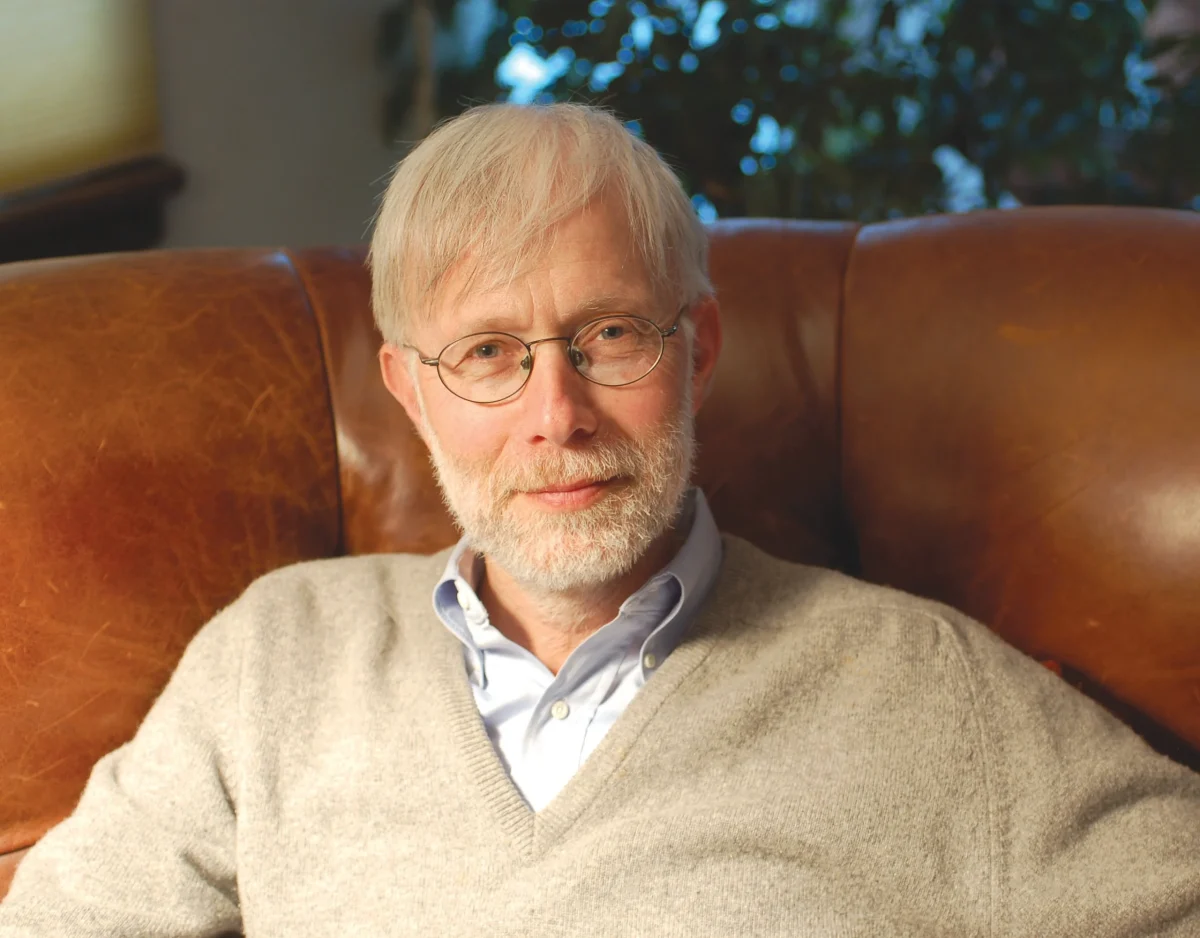On Thursday, Career Exploration and Development held “Graduating from Oberlin College into the Financial Crisis of 2007–2008,” a career panel of graduates from the classes of 2007 and 2008.
Yoshiko Tsompanos, panel organizer and assistant director for the Business, Consulting, and Finance career community spoke to the Review about the event.
“How do we acclimate to those circumstances?” Tsompanos said. “How do we make the best of the situation and how do we support each other? How do we utilize our network? I know that a lot of students, they’re very eager to get out into their profession, and sometimes it isn’t always what they think, and that’s alright — sometimes a lot of really exciting new situations come about because of that.”
The virtual event was open to all students and satisfied one of the career panel participation requirements of the Internship+ program, which provides funding for those who pursue an internship the summer before their senior year.
The panel hosted Sarah Klauer, OC ’07, strategy director with Sterling Brands; Maria Piper, OC ’07, program management; and George Saines, OC ’08, senior product manager with Google, who all spoke about their experiences joining the labor force after graduating during the 2008 financial crisis.
“It’s really important to be flexible and to set your expectations broadly versus specifically,” Piper said. “The world won’t be what you expect when you graduate, and it’s still not what I expect. … Those are the kinds of things that I’m hoping people get out of [the panel]: be flexible and have your own code core of where you’re willing to go and what your own boundaries are.”
Following a brief introduction, the moderator moved through questions, which led to a discussion about the impact of the 2007–2008 recession on their professional careers. The third question was: “Many students at Oberlin College are marked by good fortune to have a network that provides useful internships, consequently, often opening doors to employment opportunities. How do you manage to make that transition if you have limited resources?”
Referring to the relationship between them and the friendships that they found at Oberlin, panelists emphasized the benefits of a close-knit network of Obies before opening the floor to questions from students.
Dae Williams, Social Media Engagement Coordinator at Oberlin College, OC ’20, graduated during the COVID-19 recession. When interviewed for the Review, they expressed how much they would have appreciated a formal panel discussion on the impact of economic circumstances on their career opportunities.
“I received no training at all when it came to a recession,” Williams said. “I don’t know necessarily of any conversation that happened along a recession line … in the career development space.”
After graduating with degrees in Anthropology and Musical Studies, they spoke to their own struggles when navigating the job market after graduating.
“I couldn’t find a job for a year and a half, and so I was mostly doing freelance projects here and there,” Williams said. “I’m still lost in terms of how things really work and what you need to land a job.”
Tsompanos emphasized the importance of a network upon graduation, and illustrated how Klauer, Piper, and Saines remained in touch and were a support system during this period.
“I want students to understand … how [the panelists] supported each other through that process, and also what happens when you don’t have a network at hand,” Tsompanos said. “What are your resources then?”








